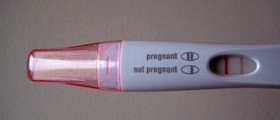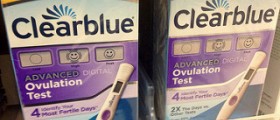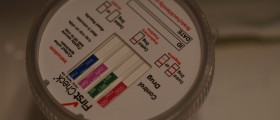
According to the newly released study published in the medical journal Fertility and Sterility, many of the tests to determine a baby's gender, and male and female fertility, fall short when it comes to solid, independent scientific evidence that confirms their accuracy. Dr Brezina told Reuters: "A lot of [these tests] are good and serve a useful purpose, but some are not, and may even have claims that are misleading to patients." While at-home pregnancy tests and ovulation predictor kits were tested sufficiently and were found to be reliable, most of the other tests the study looked at were not.
Saliva tests that were supposed to predict a woman's ovulation, or cervical mucus tests, had no data backing their accuracy. The same was true for menopause prediction tests that use the hormone FSH. Intelligender Prediction Test and the Best Baby Gender Test, which are supposed to help future parents predict their baby's gender, had no data to back them up at all. The manufacturers of the Intelligender test responded that the test was not meant to be 100 percent accurate, and was there to satisfy peoples' curiosity. One has to ask what is the point of such a test, then? There seems to be a definite trend towards home testing when possible, and away from medical involvement. There are obvious reasons for this. But if such tests are grossly unreliable, applying caution when using them is the only answer.














Your thoughts on this
Loading...